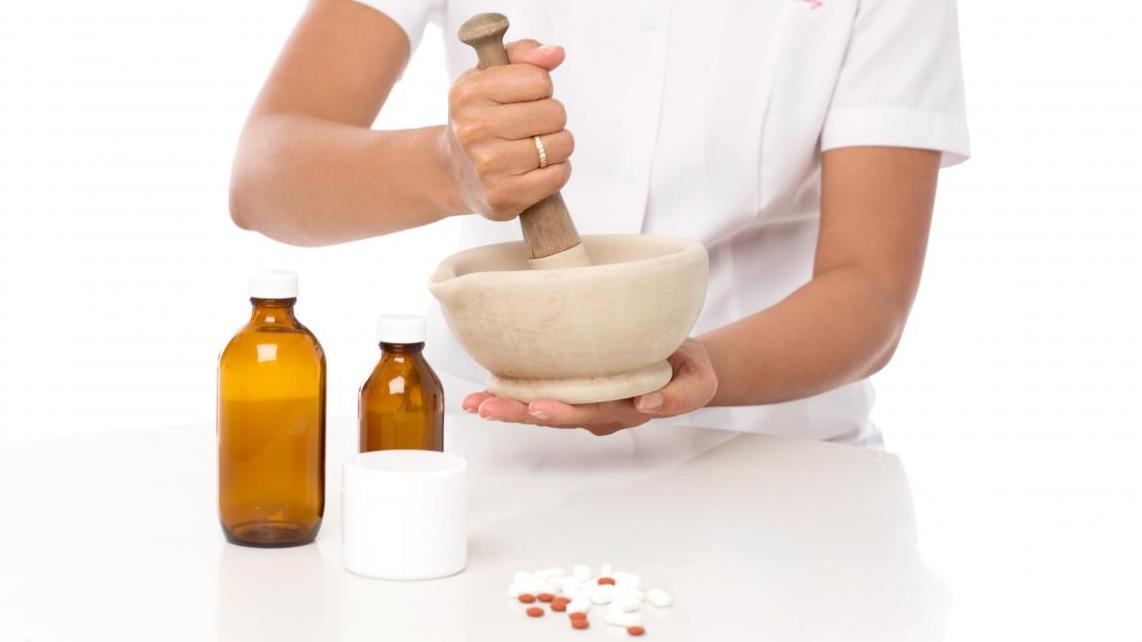Market Overview
The U.S. Compounding Pharmacies Market is estimated to be valued at USD 4,789.6 million in 2022, with a projected CAGR of 5.9% during the forecast period of 2022-2030. This market offers customized medications, tailored to meet specific patient needs and improve treatment effectiveness. Compounded pharmaceuticals provide advantages such as personalized dosing, unique formulations, allergen-free alternatives, and customized dosage forms, making them vital for patients who require individualized treatments. With increasing demand for personalized medicine, the U.S. compounding pharmacies market is set to witness significant growth.
Market Key Trends
One key trend in the U.S. compounding pharmacies market is the rising adoption of compounded bioidentical hormone therapy (CBHT). CBHT involves the use of hormone formulations that are identical to those produced naturally in the body. This therapy is gaining popularity as it offers an alternative to traditional hormone replacement therapy, allowing patients to address hormone imbalances while minimizing side effects. For instance, Avella Specialty Pharmacy offers compounded hormonal medications, including bioidentical hormone replacement therapy, enabling patients to receive personalized hormone treatments.
Porter’s Analysis
– Threat of New Entrants: The threat of new entrants in the U.S. compounding pharmacies market is relatively low due to various barriers to entry, such as stringent regulatory requirements and the need for specialized equipment and expertise.
– Bargaining Power of Buyers: The bargaining power of buyers in this market is moderate, with buyers having the ability to choose from a range of compounding pharmacy providers. However, the importance of quality and customization often takes precedence over price, giving compounding pharmacies leverage.
– Bargaining Power of Suppliers: Compounding pharmacies rely on suppliers for active pharmaceutical ingredients and other raw materials. The bargaining power of suppliers is moderate as pharmacies may seek alternative suppliers if the current ones pose pricing or quality concerns.
– Threat of New Substitutes: The threat of new substitutes is low in the U.S. compounding pharmacies market due to the unique capabilities and customization options they offer. Traditional pharmaceutical products may not always meet individual patient needs.
– Competitive Rivalry: The competitive rivalry in this market is intense, with several key players striving to gain a competitive edge through innovations, collaborations, and mergers. The presence of established compounding pharmacy chains and independent pharmacies intensifies the competition.
Key Takeaways
1. The U.S. compounding pharmacies market is expected to grow at a CAGR of 5.9% during the forecast period, driven by the increasing demand for personalized medications and the advantages they offer in customized treatments.
2. Regionally, the United States is the fastest-growing and dominating region in the compounding pharmacies market, owing to the robust healthcare infrastructure, technologically advanced compounding facilities, and high healthcare expenditure.
3. Key players operating in the U.S. compounding pharmacies market include Avella Specialty Pharmacy, PharMEDium Services, Institutional Pharmacy Solutions, Cantrell Drug Company, Triangle Compounding Pharmacies, Hoye’s Pharmacy, Vertisis Custom Pharmacy, Smith Caldwell Drug Store, Nephron Pharmaceuticals Corporation, Rx3 Compounding Pharmacy, B Braun Melsungen AG, Clinigen Group PLC, QuVa Pharma, ITC Compounding Pharmacy, and Lorraine’s Pharmacy. These players are focused on expanding their product portfolios, forging strategic collaborations, and investing in research and development activities to stay competitive in the evolving market.
In conclusion, the U.S. compounding pharmacies market is poised for significant growth, driven by the increasing demand for personalized medications. The adoption of compounded bioidentical hormone therapy is one of the key trends shaping this market. Despite intense competitive rivalry, key players are striving to innovate and meet the growing demand for customized healthcare solutions. The market’s projected growth underscores its potential to revolutionize the way patients receive tailored treatments, leading to improved health outcomes.




